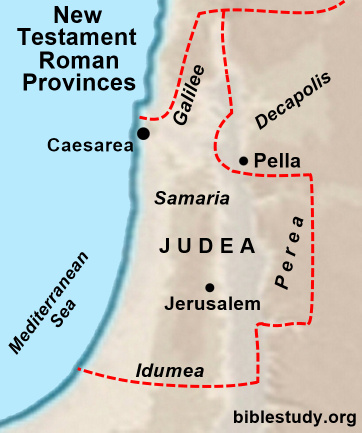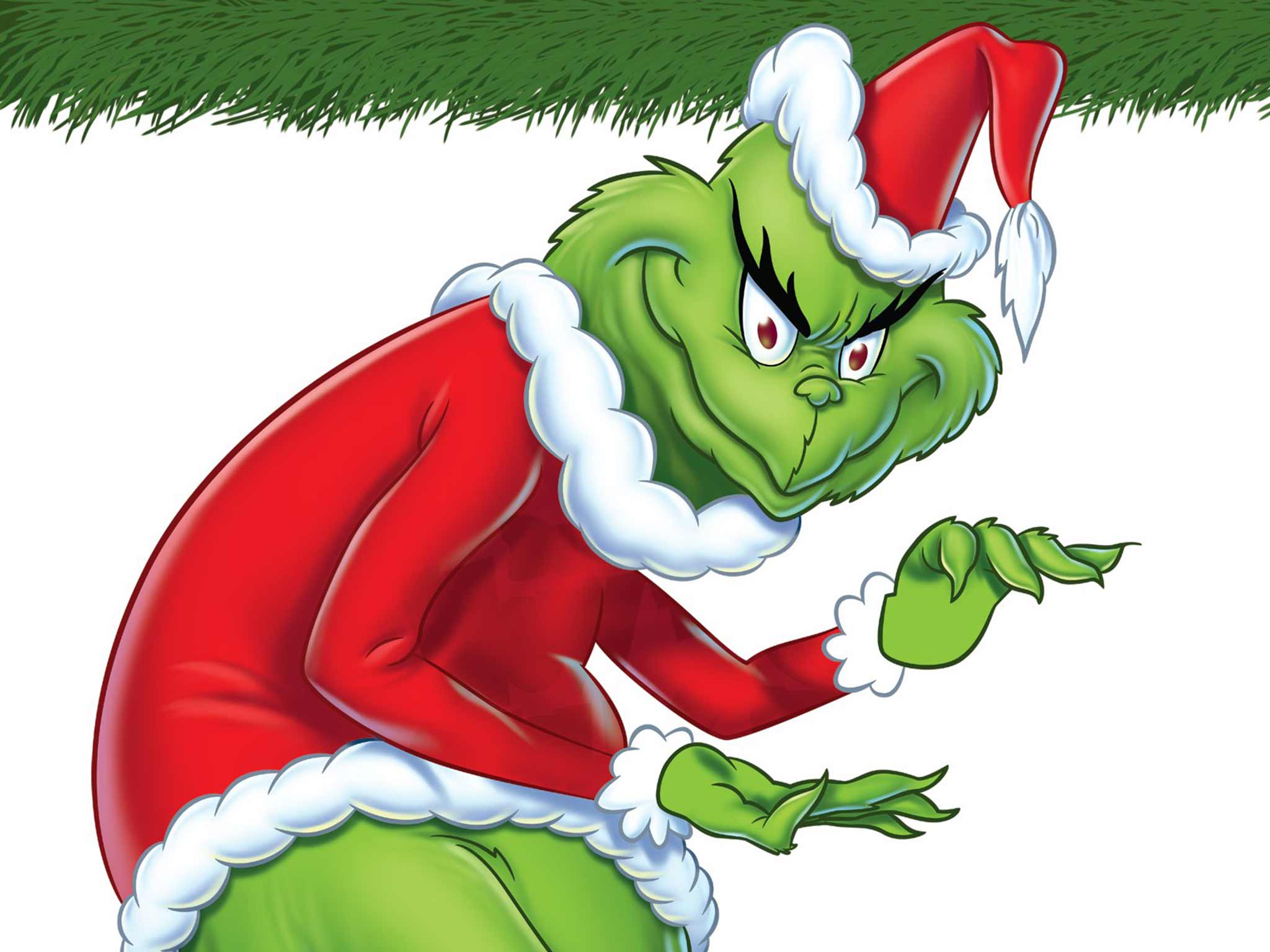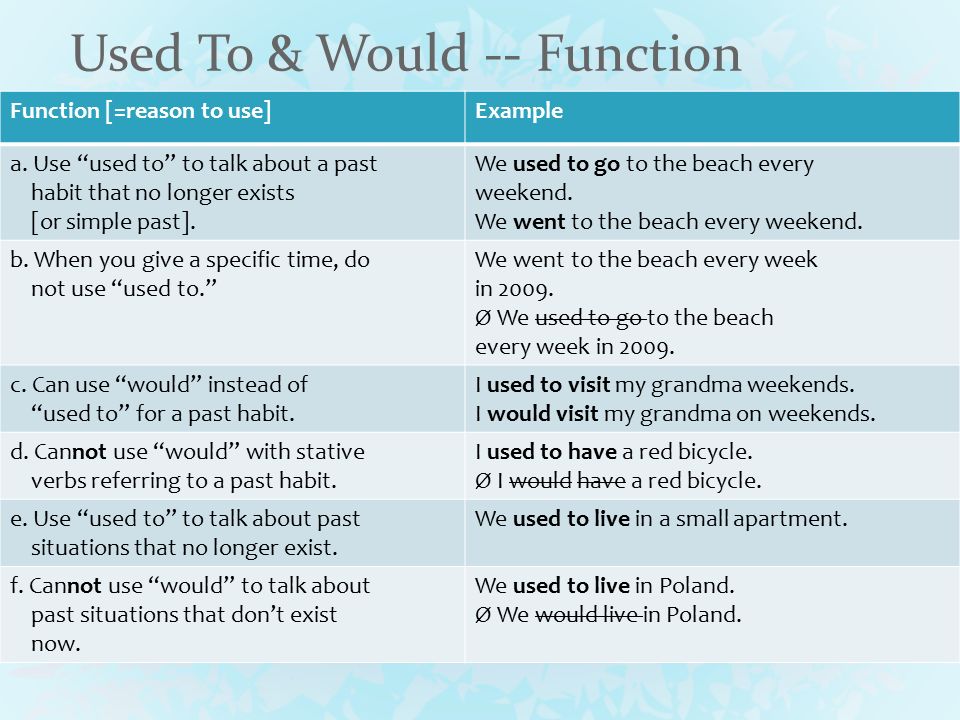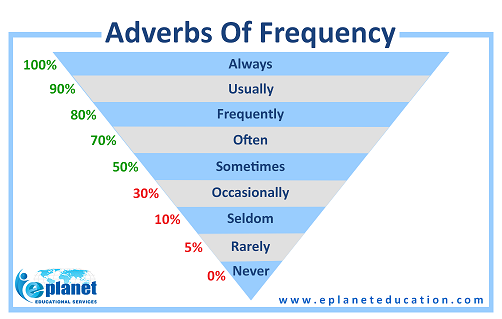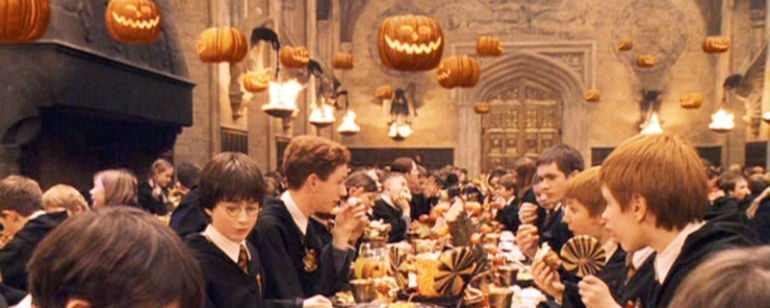Pages
Pages
Pages
HOME
Pages
Monday, 21 December 2020
THIS IS CHRISTMAS
Sunday, 13 December 2020
Happy Hanukkah!
Describe the above picture. Can you explain what is happening?
The Story of Hanukkah
Hanukkah
(also spelled Chanukah) is a religious holiday which is celebrated by Jewish (or Hebrew)
people, or those who practice a religion called Judaism. Hanukkah lasts eight
nights and is often called the Festival of Lights.
This
holiday occurs on different dates each year, with Hanukkah starting anytime from
the end of November to the end of December.
The Hanukkah holiday is an old one. It honours the struggle of ancient
Jews to restore the Temple of Jerusalem.
More than 2000 years ago,
Judea was ruled by the Syrian king Antiochus, who said that Jews should give up
worshipping Yahweh and worship the Greek gods instead.
The Jews refused to abandon Yahweh. They decided to do something
about it.
A man
named Judah Maccabee got a group of people together to fight back. These people
got more people to join, and they soon had an army.
They fought
back. For three years, the Jews battled the Syrians for control of Judea.
Finally, the Jews won.
They cleaned
the Temple of Jerusalem, removing all Greek symbols and restored the Jewish
symbols. The job was finished on the 25th day of the month of Kislev. This is
the day Hanukkah is celebrated. The day varies in the Western calendar.
To help
celebrate, Judah and his followers lit an oil lamp. The supply of oil was very
low. There was only enough for one day, but
this lamp stayed lit for eight days.
To honour
this extraordinary event, Jews today celebrate the Eight Days of Hanukkah and
call it the "Festival of Lights." They light a special eight-branched
candlestick called a menorah.
People today
give each other gifts and children receive small presents for each night of the
festival. Special foods are made, there
are special dinners, and people remember their ancestors who fought to take
their temple back.
1. Look at the underlined words. What do they mean?
2. Write down the sentences in green. What do you notice about the structure of these sentences?
3. Classify the past simple verbs into regular and irregular verbs.Friday, 4 December 2020
Hello!
Draw a picture of your family. Introduce the members of your family.
Thursday, 3 December 2020
FEELINGS
BBC One Christmas 2017 | The Supporting Act
Sunday, 29 November 2020
Christmas is around the corner!
BRAINSTORM: Christmas
CHRISTMAS VOCABULARY: HANGMAN
PEPPA'S CHRISTMAS
While you read the story, write the following:
1. the name of the town
2. the inhabitants of the town
3. the characters in the story
4. food
5. words related to Christmas
After you read the story, answer these questions:
1. Where does the story take place? What is the name of the town?
2. Who are the inhabitants of the town?
3. When the story begins, what are they doing?
4. What does the Grinch want to do? Why?
5. How does the Grinch carry out his plan?
6. What lesson does the Grinch learn at the end of the story?
Thursday, 26 November 2020
Adjectives
COMPARATIVE AND SUPERLATIVE ADJECTIVES
GRADABLE AND NON-GRADABLE ADJECTIVES
Adjective Gradability
Adjectives describe qualities (characteristics) of nouns. Some qualities can vary in intensity or "grade", for example:
- rather hot, hot, very hot; hot, hotter, the hottest
The adjective hot is gradable.
Other qualities cannot vary in intensity or grade because they are:
- extremes (for example: freezing)
- absolutes (for example: dead)
- classifying (for example: nuclear)
The adjectives freezing, dead and nuclear are non-gradable.
Gradable Adjectives
A gradable adjective can be used with "grading adverbs" that vary the adjective's grade or intensity.
A gradable adjective can also have comparative and superlative forms:
- big, bigger, the biggest
- hot, hotter, the hottest
- important, more important, the most important
Look at these example sentences:
- My teacher was very happy with my homework.
- That website is reasonably popular. But this one is more popular.
- He said that France was a little cold and Denmark was rather cold. But Sweden was the coldest.
Non-gradable Adjectives
A non-gradable adjective cannot be used with grading adverbs:
It was rather freezing outside.The dog was very dead.He is investing in slightly nuclear energy.
Non-gradable adjectives do not normally have comparative and superlative forms:
- freezing,
more freezing, the most freezing - dead,
deader, the deadest - nuclear,
more nuclear, the most nuclear
Often, non-gradable adjectives are used alone:
- It was freezing outside.
- The dog was dead.
- He is investing in nuclear energy.
Sunday, 22 November 2020
What are you thankful for?
What do you know about Thanksgiving?
Look at the picture above. Describe what you can see.
What is happening in the picture?
Sunday, 15 November 2020
DIWALI
liveworksheets.com
Now, answer the questions.
- Who celebrate Diwali?
- When do they usually celebrate it and how long is the celebration?
- Who is Lakshmi and why is she important?
- What do people do to prepare for Diwali?
- What do people do during Diwali?
- What are diyas?
- What are rangolis and what are they made of?
- What do people share during Diwali?
- Is this celebration similar to any celebrations in your culture?
- Explain how Diwali might be the same or different to your celebration.
DIWALI: What is
it?
Diwali is a festival celebrated in India. Hindus, Jains and Sikhs celebrate it. It is a religious festival. It celebrates the victory of the forces of
light over the forces of darkness.
People celebrate it between mid-October and
mid-November. It lasts five days.
People clean and decorate their houses. They decorate their homes with garlands of
jasmine which is a type of flower. They also make rangolis in front of their houses and diyas which are small lamps.
They go to the temple to worship Lakshmi and other
important gods and goddesses. Lakshmi is
the goddess of prosperity and wealth.
She is associated with Diwali.
During Diwali, people wear new clothes. They give treats to their neighbours and they
give presents to family and friends.
They put on firework displays in big cities. In the streets, there are many lights similar
to Christmas.
Diwali has many similarities to Christmas but many
differences too. The religions are
different and the time when people celebrate them.
Written by Mark, Pete and Anna
Thursday, 12 November 2020
TALKING ABOUT PAST HABITS AND ACTIONS
We can use would to talk about repeated past actions that don't happen any more.
We don't normally use the negative or question form of would for past habits.
We don't use would to talk about past states.
USED TO: VIDEO, EXPLANATION, PRACTICE
QUIZ
LET'S PRACTISE
BE CAREFUL!
USED TO vs BE USED TO
USED TO, BE USED TO, BE GETTING USED TO IN SONGS
Tuesday, 10 November 2020
Monday, 26 October 2020
HELLO HALLOWEEN!
ACTIVITY 1: THE ORIGINS OF HALLOWEEN
ACTIVITY 2: HARRY POTTER AND THE PHILOSOPHER'S STONE,
Chapter 10 - Halloween
Read pages 170 and 171, then complete the activities below.
1. What problems is Harry having when we first
start reading on page 170?
2. Find words that mean the following on pages 170-171:
- floating
- move very fast
- consolation, comfort
- the joint between the hand and arm
- sit near the edge of something
- move through the air making a soft sound
- hit something with a short sudden movement
- push somebody or something with your finger
3. Identify some regular past simple verbs and classify them according to the pronunciation of their endings.
4. Who are work partners in Professor Flitwick's class?
Read pages 172 and 173.
5. Find words or expressions on pages 172 and 173 for
the following:
- see someone for a short moment
- surprised
- when aren't present or don't come
- accidentally hear something
- uncomfortable
- run very fast
- lots of delicious food
- lose consciousness
- not get separated
- bend down suddenly
6. How are the decorations in the book different
to the ones in the film?
7. How does Dumbledore silence everyone?
8. Explain in your own words what a dungeon is.
Read from page 172 to 179.
9. Read the description of the troll on page 174
and draw a description.
10. Identify some irregular past simple verbs on
page 175 and write their infinitive forms. What do they mean?
11. Find examples of the past perfect tense on
page 176.
12. Find an expression that means "not be
able to breath properly".
13. Find an expression on page 177 that means
"to confront or solve a problem"
14. What expression on page 178 means "to
look down in shame and embarrassment"?
15. What differences are there between the book and film?
16. Explain how Hermione, Harry and Ron became
friends in this chapter.
HARRY POTTER AND THE PHILOSOPHER'S STONE (4)
Harry Potter and the Philosopher’s Stone by Janine on Scribd

